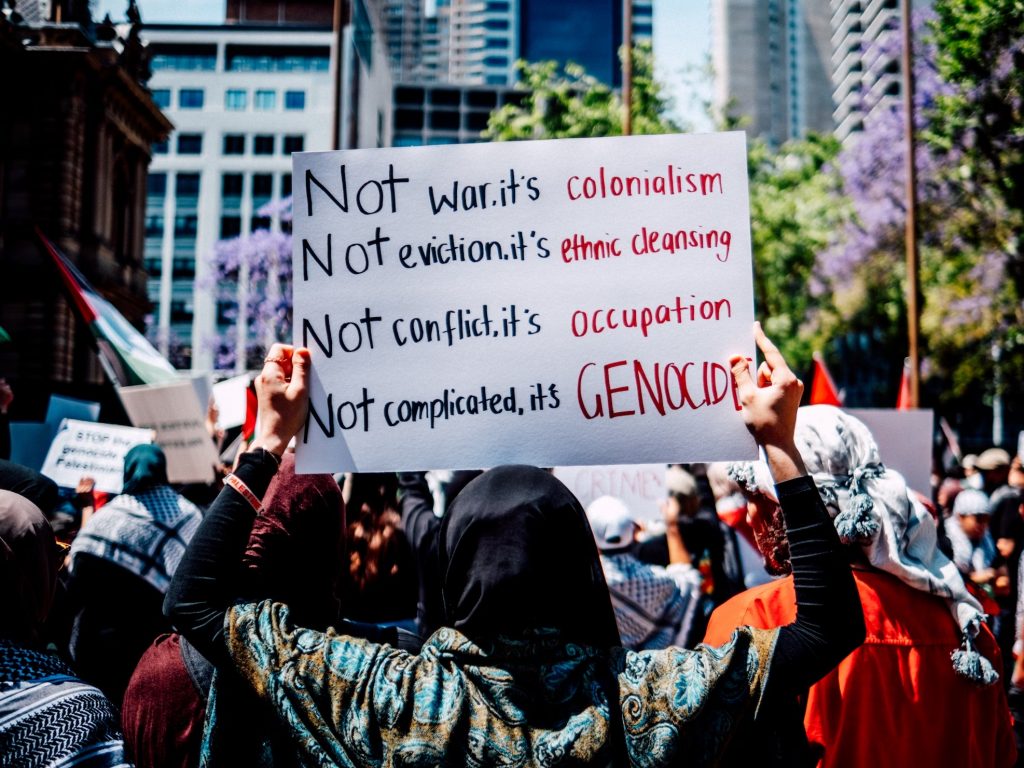
Hi everyone. This is my fourth blog post on the genocide and ethnic cleansing of Palestinians in Gaza. Before I go further, yes I condemn Hamas’s atrocities committed on October 7th against Israeli civilians. And I also condemn antisemitism, a serious issue that has been on the rise all over the world.
And I condemn the war crimes and terrorism against Palestinian civilians that Israel has been committing since then, and for the past 75 years. As you read this, the number of Palestinian civilians that the Israeli government has massacred approaches 16,000 since October, including nearly 8,000 children. The death toll of Israel’s slaughter of Palestinian civilians this year has surpassed the Nakba of 1948. It will get worse, as Israel ramps up its aggression against southern Gaza, where it had previously told civilians to evacuate to. There is no place for Palestinian civilians to go to be safe. And as winter approaches, there will be more famine and starvation. The death toll will rise even higher.
Continue reading →




